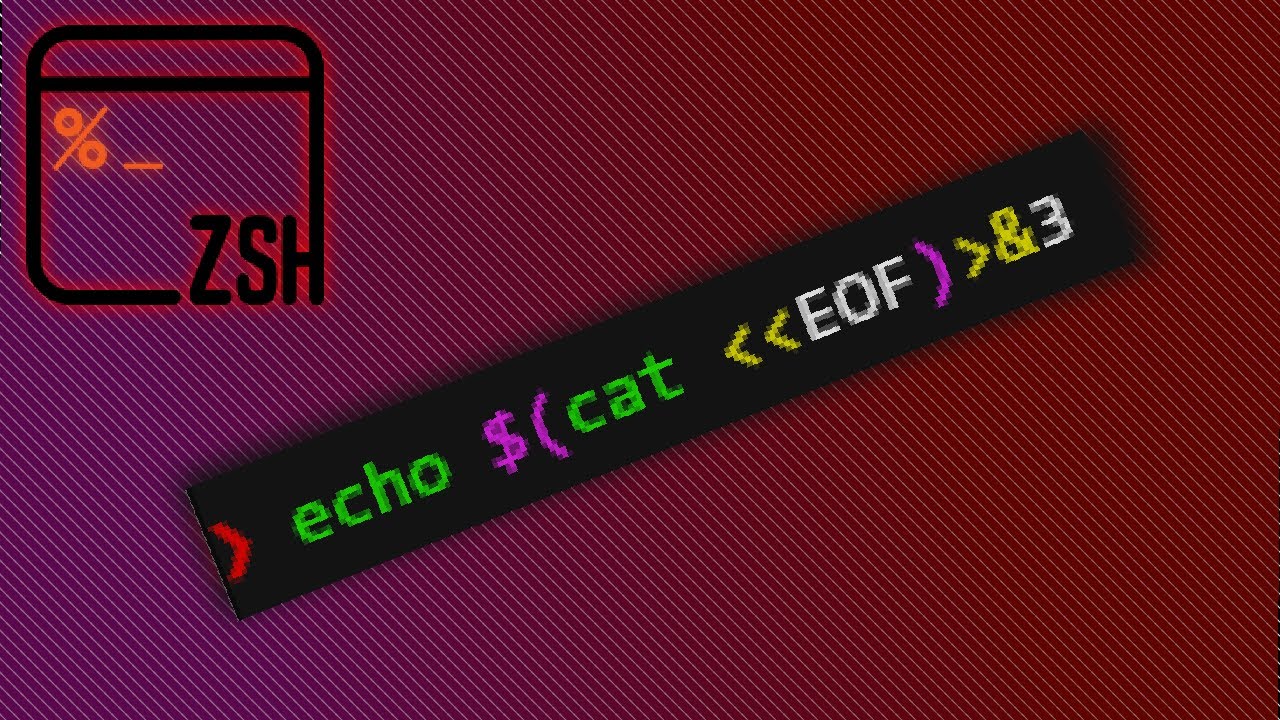- 82 Posts
- 325 Comments

 1·6 days ago
1·6 days agoFrom the author, on reddit:
Made a little mistake in there: you can create FDs with higher numbers using eg.
exec {fd}<>pipeand they’ll generate numbers above 10, plus the variables’ll be better for scripting.

 6·11 days ago
6·11 days agoCLI flow: run command, print output below
TUI flow: navigate and interact with a layout that updates in place

 1·16 days ago
1·16 days agoSpace Age
USING: assocs calendar math ; CONSTANT: earth-years H{ { "Mercury" 0.2408467 } { "Venus" 0.61519726 } { "Earth" 1.0 } { "Mars" 1.8808158 } { "Jupiter" 11.862615 } { "Saturn" 29.447498 } { "Uranus" 84.016846 } { "Neptune" 164.79132 } } : space-age ( seconds planet -- earth-years ) earth-years at years duration>seconds / ;
Even more:
If a function takes a number—whether it’s an integer, a floating-point base-2 number, or a Dec—you can always write 5 as the number you’re passing in. (If it’s an integer, you’ll get a compiler error if you try to write 5.5, but 5.5 will be accepted for either floats or decimal numbers.)
Because of this, it’s actually very rare in practice that you’ll write 0.1 + 0.2 in a .roc file and have it use the default numeric type of Dec. Almost always, the type in question will end up being determined by type inference—based on how you ended up using the result of that operation.
For example, if you have a function that says it takes a Dec, and you pass in (0.1 + 0.2), the compiler will do Dec addition and that function will end up receiving 0.3 as its argument. However, if you have a function that says it takes F64 (a 64-bit base-2 floating-point number), and you write (0.1 + 0.2) as its argument, the compiler will infer that those two numbers should be added as floats, and you’ll end up passing in the not-quite-0.3 number we’ve been talking about all along.
More quoted from the post:
Roc’s Dec implementation (largely the work of Brendan Hansknecht—thanks, Brendan!) is essentially represented in memory as a 128-bit integer, except one that gets rendered with a decimal point in a hardcoded position. This means addition and subtraction use the same instructions as normal integer addition and subtraction. Those run so fast, they can actually outperform addition and subtraction of 64-bit base-2 floats!
Multiplication and division are a different story. Those require splitting up the 128 bits into two different 64-bit integers, doing operations on them, and then reconstructing the 128-bit representation. (You can look at the implementation to see exactly how it works.) The end result is that multiplication is usually several times slower than 64-bit float multiplication, and performance is even worse than that for division.
Some operations, such as sine, cosine, tangent, and square root, have not yet been implemented for Dec. (If implementing any of those operations for a fixed-point base-10 representation sounds like a fun project, please get in touch! People on Roc chat always happy to help new contributors get involved.)

 1·1 month ago
1·1 month agoNo, that’s not used by Zsh.

 7·1 month ago
7·1 month agoGlad you have it working. This may also work:
_stfu () { shift words (( CURRENT-=1 )) _normal -P } compdef _stfu stfu
FWIW I’ve read an Arch dev complain that folks using any 3rd party installer are not in fact “running Arch” and should not claim to be doing so.

 1·1 month ago
1·1 month agoHuh? Is this relevant, or some kind of bot spam?

 2·1 month ago
2·1 month agoFor anyone else wondering:
Navidrome is an open source web-based music collection server and streamer. It gives you freedom to listen to your music collection from any browser or mobile device. It’s like your personal Spotify!

 20·1 month ago
20·1 month agoSo far, this isn’t much of anything.
Telegram already closes public channels reported for copyright violations.
Some excerpts from this post:
Compared to other platforms, we do not see the seriousness of Telegram to cooperate.
. . .
In May 2023, progress appeared to be going in the wrong direction. Telegram was reportedly refusing to cooperate with the Ministry of Communications and Digital on the basis it did not wish to participate in any form of politically-related censorship.
. . .
With no obviously public comment from Telegram on the matter, it’s hard to say how the social platform views its end of what appears to be an informal agreement.
Telegram will be acutely aware, however, that whatever it gives, others will demand too. That may ultimately limit Telegram’s response, whatever it may be, whenever it arrives – if it even arrives at all.

 1·1 month ago
1·1 month agoWow, the first submission here with a negative score. I’m guessing it’s because it mentions bitcoin.
Well, I’ll say that bitcoin is not the point here, but rather that the author is enthusiastically embracing forth, with its “directness,” simplicity, and portability. You can find more in the lobsters comments.
The author plans to port their small Zig subtitle-displaying project to forth, and hopes to use forth for all their systems programming needs in the future.

 6·2 months ago
6·2 months agoCongrats on all the labor you saved.
If you think folks here are uniquely unreasonable you could try lemmy.world/c/selfhosted .

 11·2 months ago
11·2 months agoOn the off chance that you truly don’t understand:
The nice thing to do would be to accept the feedback and add a short description. It’s confusing to others why you are staunchly opposed to performing that small courtesy, and instead jump to never posting here again.
The window shade problem is keeping me from Wayland. AFAIU there’s currently no commitment to ever fix it on Wayland, it’s only a maybe.
For anyone interested, it’s being tracked here.

 3·2 months ago
3·2 months agoSo . . . not relevant to my comment?

 1·2 months ago
1·2 months agoBeware: it’s a nightmare.



New discussion on hacker news:
https://news.ycombinator.com/item?id=40741723